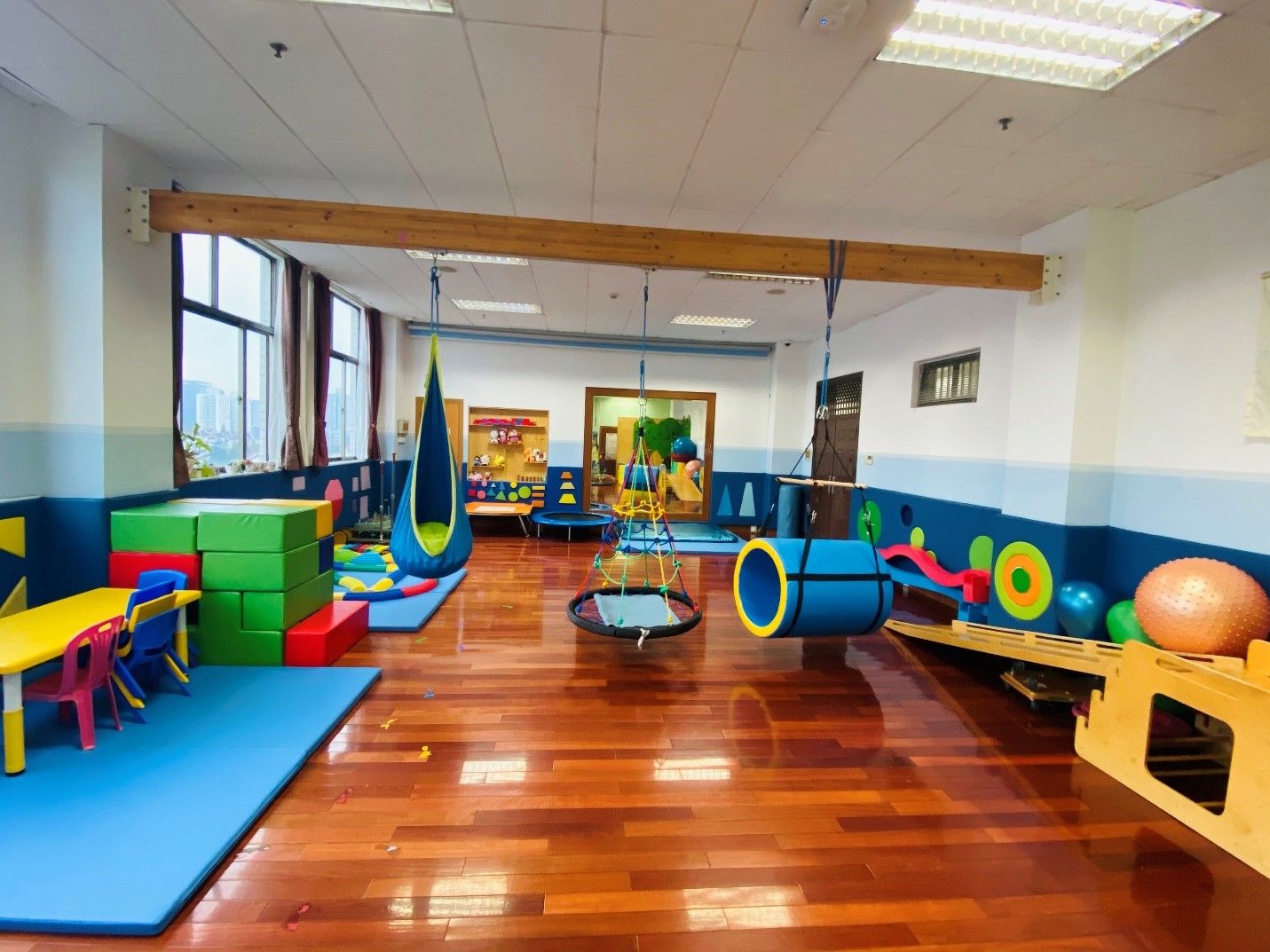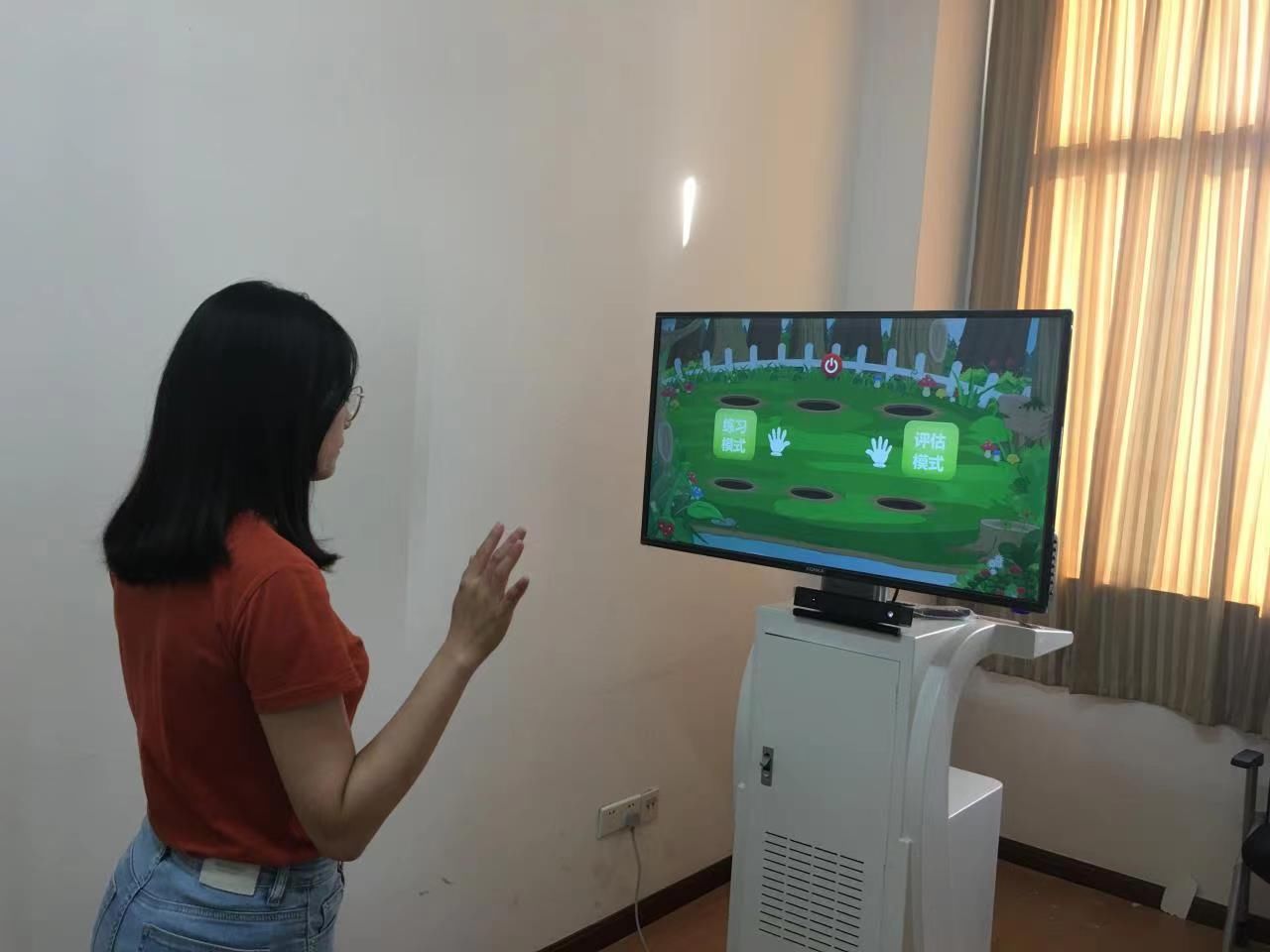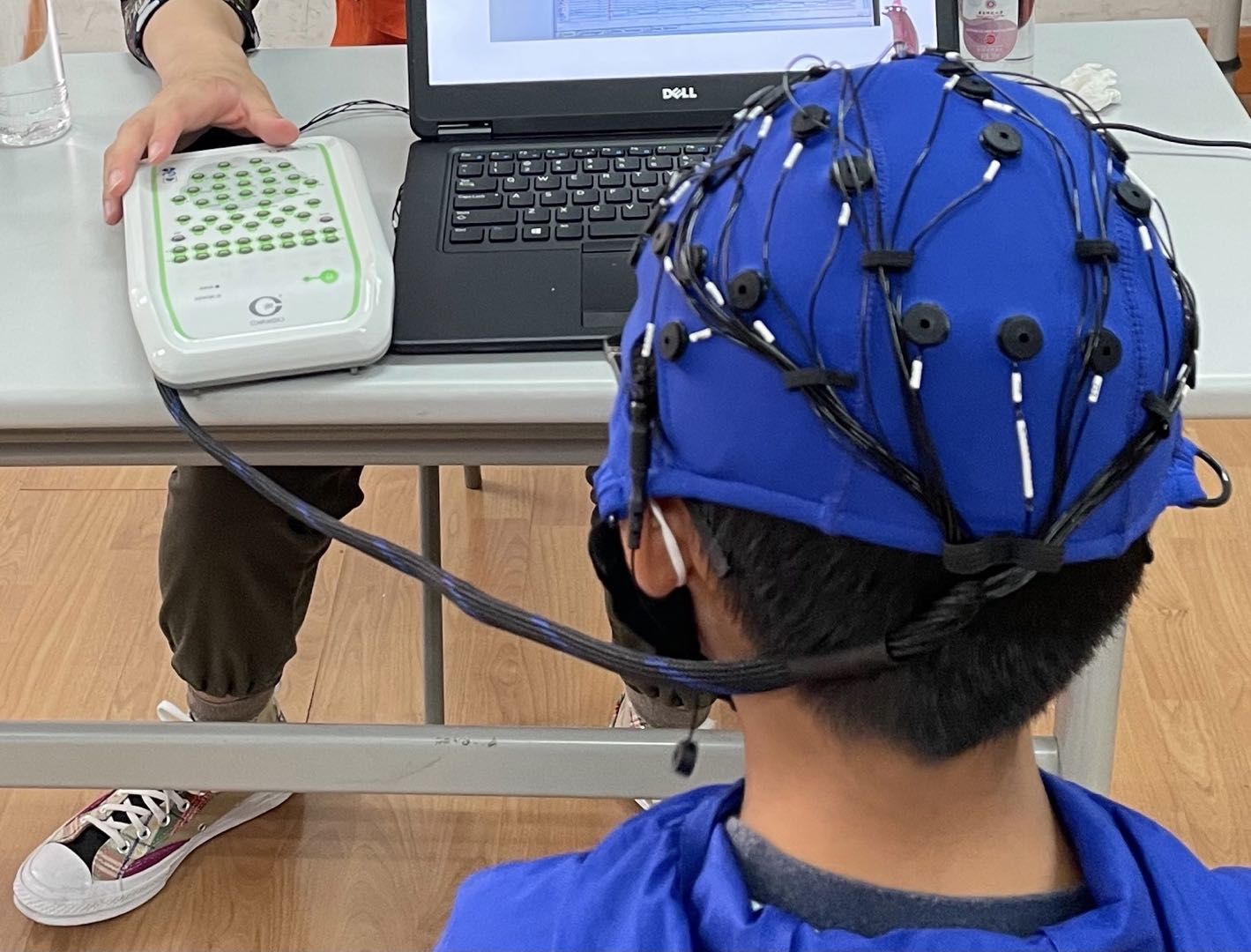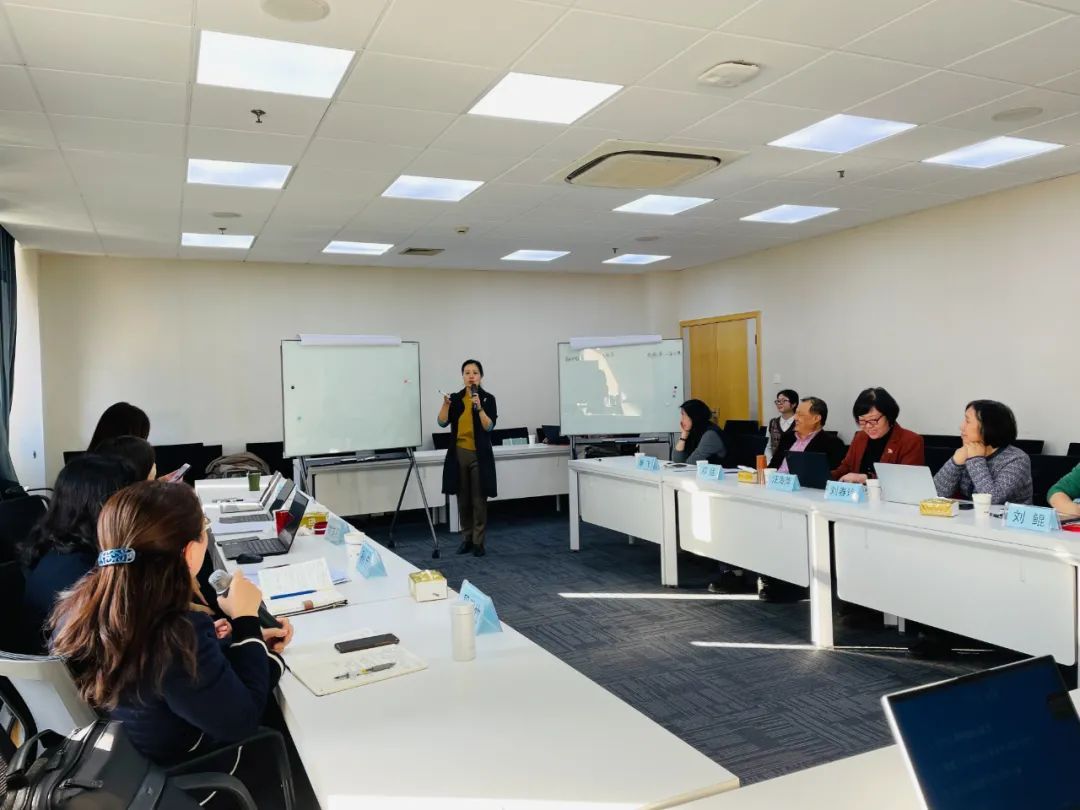
Today is the 15th “World Autism Awareness Day”, and this year’s theme is “Inclusive Quality Education for All Inclusive Quality Education for All”.
Autism, also known as autism, is a neurodevelopmental disorder that begins in childhood. Their narrow interests and stereotyped behaviors make them face many difficulties and challenges in participating in all aspects of social life.
It is estimated that the number of autistic children aged 0-14 in my country exceeds 2 million, and it is increasing at an alarming rate every year. However, the public’s understanding of this group is not comprehensive, and there are still some deviations, which directly affects the acceptance and support of autistic groups in major social life fields such as education and employment.
The professional team of the Department of Special Education of East China Normal University has formed a consensus in long-term research and practice, especially calling for the promotion of autism In the process of inclusive education for children with autism, we should be aware of these common misunderstandings:
1. When children with autism grow up, It’s natural.
Many people believe that as children with autism grow, their symptoms will gradually decrease or even heal themselves. It is true that there are some changes in the symptoms of autistic individuals with age, but this disorder is still considered to be a lifelong disorder with individuals, although the characteristics and developmental needs of individuals of different ages will be different, but large Most individuals with autism require lifelong, targeted, and multidisciplinary professional support services, including special education, vocational rehabilitation, and more.
2. Children with autism will have serious aggressive behaviors
Some parents do not want their children to get along with children with autism, worry about their own Children with autism display aggressive behavior; teachers fear that autistic students in their classes will be a safety hazard. In fact, only a very small percentage of children with autism develop severe aggressive behavior. Such behaviors are also often associated with limited language or communication skills, and some individuals with autism use aggressive behavior as alternative expressions of emotion or need. Understanding autistic children, understanding and analyzing the reasons behind their behaviors, and helping them form appropriate and effective communication methods can prevent such behaviors from happening.
3. There is no cure for autism, and there is no need for education
At present, medical science has not found that it can directly cure autism. However, common educational interventions cannot completely eliminate its core symptoms, and even individuals with autism who have achieved better educational interventions at an early stage may show serious problems and challenges at a certain stage of growth. Therefore, some people, even parents of children with autism, may think that educational interventions for these children are unnecessary. However, through continuous professional education and intervention, individuals with autism can achieve significant improvements in self-care, interpersonal communication, and social adaptation. With professional support and help, some individuals with autism can also integrate into society, participation in work.
4. Children with autism should go to special schools for education
Many people believe that since children with autism are special in many aspects, They should go to a separate special education school to study, not a regular school. In fact, autistic children are a heterogeneous group. There are great individual differences between different individuals, and their abilities in various aspects are also different. With sufficient professional support, some autistic children can adapt and also It is more suitable to study in ordinary schools.
Related Links:
In 1987, East China Normal University established the Special Education Major
strong>, in 1988 to recruit the first undergraduate students. For more than 20 years, East China Normal University has cultivated a large number of special education leaders, providing high-quality education and professional services for students with various special education needs, including autistic children.
2010 East China Normal University Autism Research Center was established. Educational teaching interventions. The Autism Research Center has always been in close contact with the regional education administrative departments, special education schools, special education resource guidance centers and Shanghai Autistic Children Education Guidance Center to provide professional guidance and support for the practice of educational interventions for children with autism.

rehabilitation training room
At the same time, the Department of Special Education also Equipped with East China Normal University Psychometric Research Center, Special Needs Child Development Assessment and Intervention Laboratory, focusing on various types of students with special educational needs including autism Psychological, developmental and academic assessment research and practice.

Somatosensory interaction assessment (for special children’s physiological and psychological mechanism research and educational development assessment)

Portable EEG assessment (for special children’s physiological and psychological mechanism research and educational development assessment)< /span>
In 2022, in order to further promote the research and practical exploration of inclusive education, East China Normal University established the Inclusive Education Research Institute.

Currently the Institute is supported by the Ministry of Education and the United Nations UNICEF is jointly commissioned to carry out the “China Inclusive Education Promotion – Teacher Professional Ability Improvement” project nationwide, to solidly promote the professional ability improvement of pre-service and in-service teachers’ inclusive education in my country.
< /p>
Author: Wu Jinjiao
Editor: Chu Shuting
Responsible Editor: Fan Liping
p>
*Wenhui’s exclusive manuscript, please indicate the source.